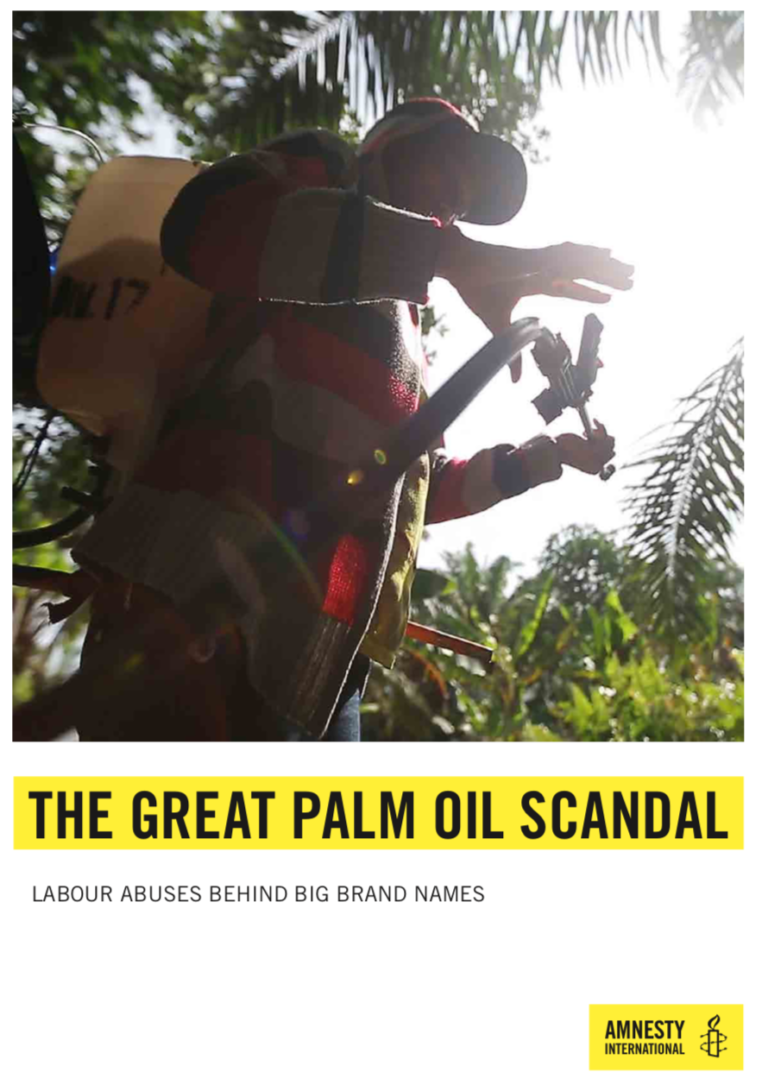Trapped: The Belt and Road Initiative’s Chinese Workers
News & AnalysisPublicationsThe Belt Road Initiative (BRI), China’s ambitious transnational development program, is set to redefine globalization with “Chinese characteristics.” Since its inception, thousands of transportation, energy, information technology, and mining ...Read More

